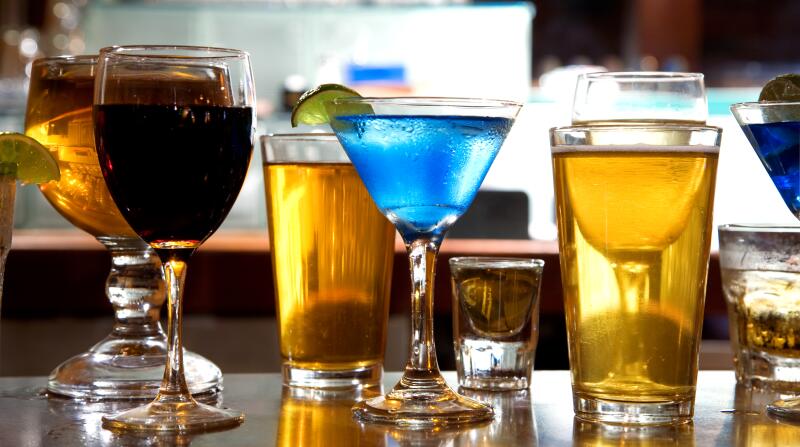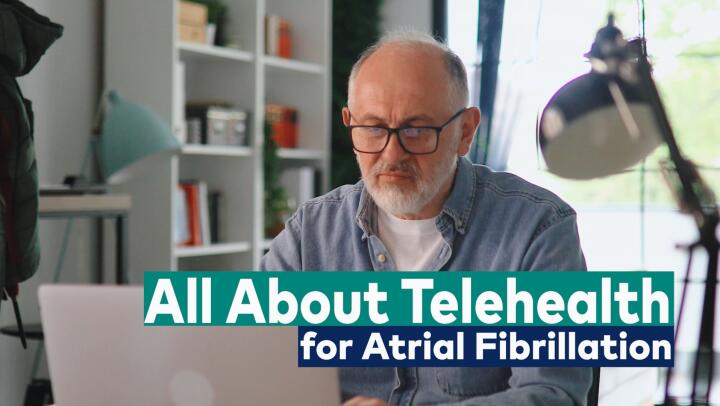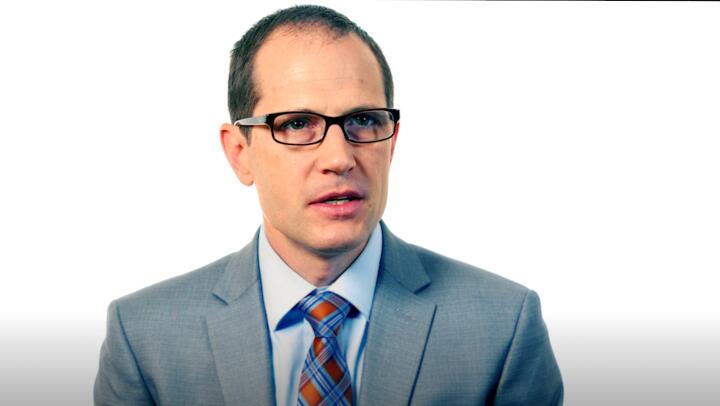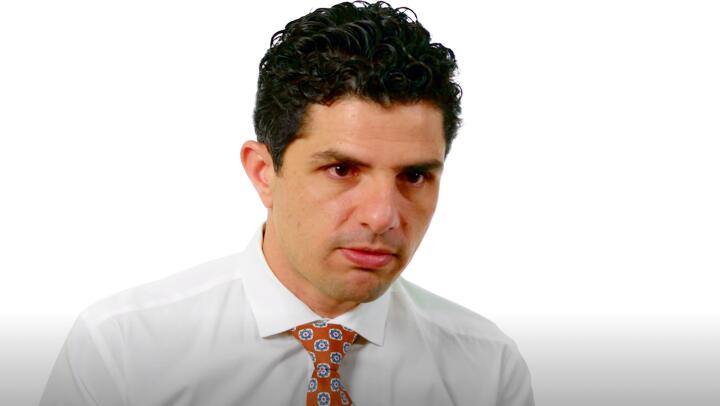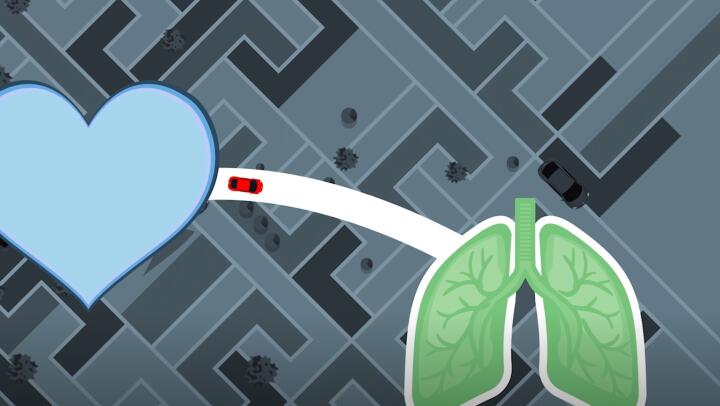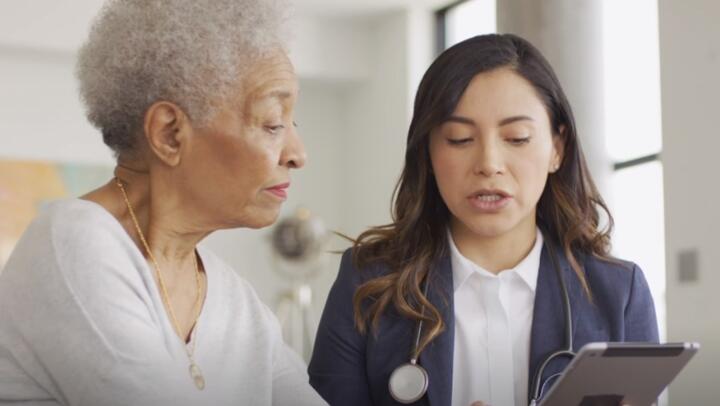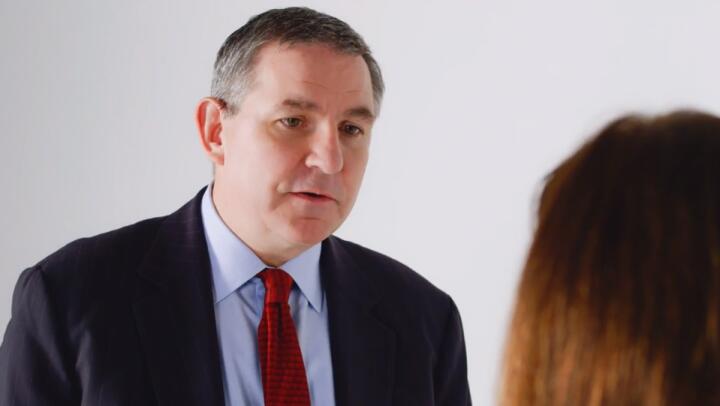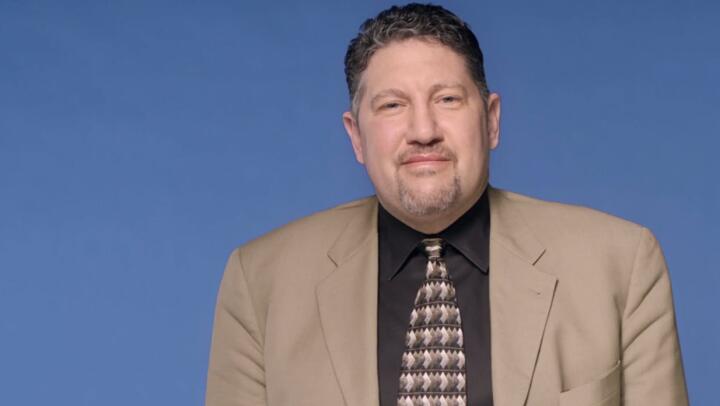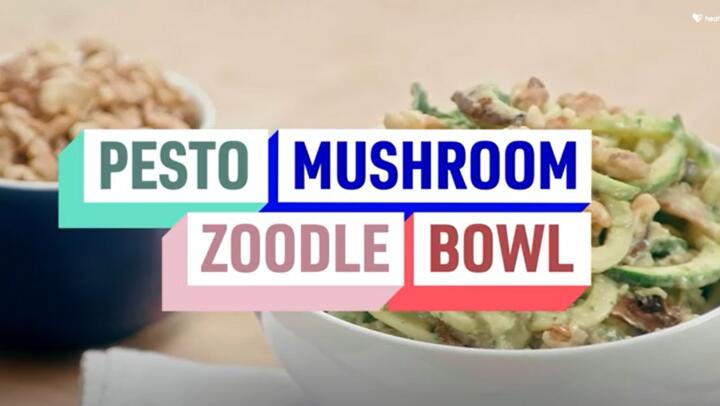7 Nutrition Tips for Atrial Fibrillation
Medically Reviewed By Lloyd III, William C., MD FACS
Written By Chris Illiades, MD on March 20, 2014
-
 7 Nutrition Tips for Atrial FibrillationWatching your diet is an important part of managing atrial fibrillation (afib). That's because many afib risk factors, like high blood pressure and coronary heart disease, are influenced by what you eat. Remembering these do's and don'ts will help you stay on track.
7 Nutrition Tips for Atrial FibrillationWatching your diet is an important part of managing atrial fibrillation (afib). That's because many afib risk factors, like high blood pressure and coronary heart disease, are influenced by what you eat. Remembering these do's and don'ts will help you stay on track. -
 1. Follow a Heart-Healthy DietDo follow a heart-healthy diet to lower your risk for coronary heart disease. Coronary heart disease is caused by the formation of fatty deposits, called plaques, inside the arteries that supply fresh blood to your heart. Eating a heart-healthy diet means getting plenty of fruits, vegetables, and whole grains, and limiting saturated fats.
1. Follow a Heart-Healthy DietDo follow a heart-healthy diet to lower your risk for coronary heart disease. Coronary heart disease is caused by the formation of fatty deposits, called plaques, inside the arteries that supply fresh blood to your heart. Eating a heart-healthy diet means getting plenty of fruits, vegetables, and whole grains, and limiting saturated fats. -
-
 2. Limit Your Salt IntakeDon't add salt to your diet. To lower your risk for high blood pressure, make sure your heart-healthy diet puts strict limits on salt. Boost the flavors in your cooking by substituting herbs and spices for table salt. Know the salt content in packaged foods by reading the labels before buying.
2. Limit Your Salt IntakeDon't add salt to your diet. To lower your risk for high blood pressure, make sure your heart-healthy diet puts strict limits on salt. Boost the flavors in your cooking by substituting herbs and spices for table salt. Know the salt content in packaged foods by reading the labels before buying. -
 3. Add Fish to Your DietDo enjoy fish as a source of protein instead of red meat at least twice a week. Coldwater fish, such as salmon, herring, sardines, and mackerel, are high in omega-3 fatty acids. In addition to lowering triglycerides, studies show that a diet high in these healthy fats can protect against abnormal heart rhythms.
3. Add Fish to Your DietDo enjoy fish as a source of protein instead of red meat at least twice a week. Coldwater fish, such as salmon, herring, sardines, and mackerel, are high in omega-3 fatty acids. In addition to lowering triglycerides, studies show that a diet high in these healthy fats can protect against abnormal heart rhythms. -
 4. Add Vitamin KDon't forget about vitamin K. If you are taking a blood-thinning drug, such as warfarin, which is used to prevent stroke in people with atrial fibrillation, make sure you don't suddenly increase or decrease the amount of vitamin K in your diet. Vitamin K can alter the effectiveness of warfarin. Vitamin K is found mainly in leafy green vegetables.
4. Add Vitamin KDon't forget about vitamin K. If you are taking a blood-thinning drug, such as warfarin, which is used to prevent stroke in people with atrial fibrillation, make sure you don't suddenly increase or decrease the amount of vitamin K in your diet. Vitamin K can alter the effectiveness of warfarin. Vitamin K is found mainly in leafy green vegetables. -
 5. Limit AlcoholDon't drink too much alcohol. Although a moderate amount of alcohol may have some health benefits for your heart, drinking too much can trigger an attack of atrial fibrillation.
5. Limit AlcoholDon't drink too much alcohol. Although a moderate amount of alcohol may have some health benefits for your heart, drinking too much can trigger an attack of atrial fibrillation. -
-
 6. Avoid CaffeineDo avoid caffeine if you are sensitive to it. Caffeine is a stimulant, and it can speed up your heart rate. Caffeine may be an atrial fibrillation trigger in high doses, or if you are very sensitive to it.
6. Avoid CaffeineDo avoid caffeine if you are sensitive to it. Caffeine is a stimulant, and it can speed up your heart rate. Caffeine may be an atrial fibrillation trigger in high doses, or if you are very sensitive to it. -
 7. Maintain a Well-Balanced DietDo think of diet as part of an overall healthy lifestyle. Maintain a healthy weight with a combination of diet and physical activity. Don't smoke, and avoid stress; both may aggravate atrial fibrillation. Your good health must be your top priority. Don't react to stress by going off your diet, drinking too much alcohol or caffeine, or smoking.
7. Maintain a Well-Balanced DietDo think of diet as part of an overall healthy lifestyle. Maintain a healthy weight with a combination of diet and physical activity. Don't smoke, and avoid stress; both may aggravate atrial fibrillation. Your good health must be your top priority. Don't react to stress by going off your diet, drinking too much alcohol or caffeine, or smoking.
7 Nutrition Tips for Atrial Fibrillation





